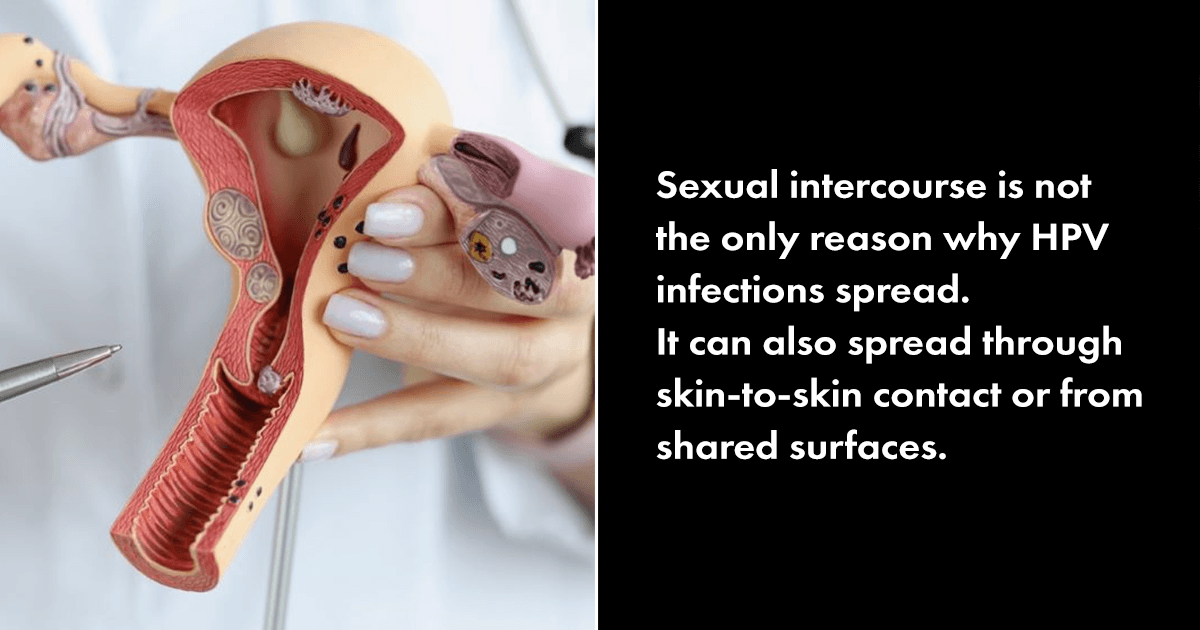In what appears to be ‘first time in history’, a small-scale trial of a drug for cancer treatment has shown 100% success in vanishing the cancer in rectal cancer patients. It was undetectable by physical examination, endoscopy, or Magnetic Resonance Imaging (MRI) scans.

The world may soon be able to have a cure for the dreaded disease — cancer. The drug trial has shown 100% eradication of cancer in patients at Memorial Sloan Kettering Cancer Center in Manhattan, US. The trial, albeit small in scale, has brought hopes that cancer can be removed completely without going through long and painful chemotherapy sessions or surgeries.
According to the World Health Organisation, nearly 10 million people died in 2020. This amounted to cancer being responsible for nearly one in six deaths. Breast cancer accounted for most of the new cases (2.26 million) while lung cancer came in a close second (2.21 million), followed by colon and rectum cancer patients (1.93 million) in 2020. If further trials on a larger scale show similar results, we could be heading towards a cancer-free world.
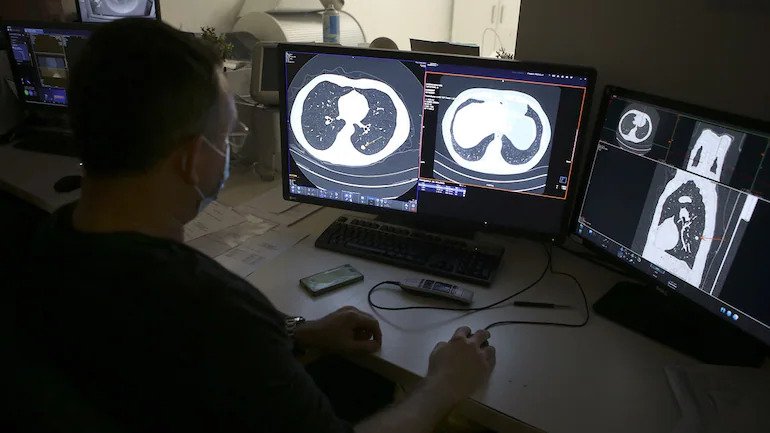
As many as 18 rectal cancer patients participated in the trial, and each of them was given the same drug. Consequently, the cancer vanished in every single patient, and was undetectable.
The study describing the results was recently published in the New England Journal of Medicine. Experts have applauded it for being the first in history to yield the result. The trial was funded by pharmaceutical company GlaxoSmithKline.
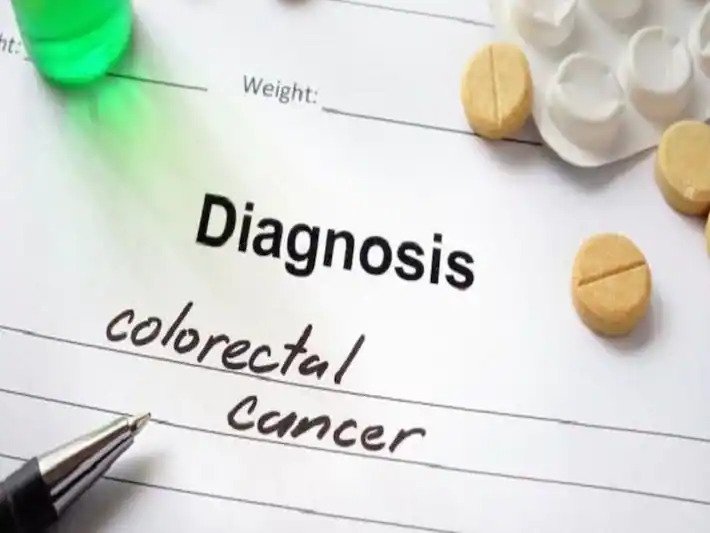
According to the report, the rectal cancer patients had undergone grueling treatments, such as chemotherapy, radiation and surgery that could result in bowel, urinary and sexual dysfunction. Some cancer patients even required colostomy bags, which are plastic bags that collect faecal matter from the digestive tract through an opening in the abdominal wall called stoma.
The cancer patients participated in the trial thinking that they would have to undergo the procedures again after the study was over because they did not expect their tumors to disappear. However, they were surprised when they found that their cancer had vanished, and that no further treatment was necessary.
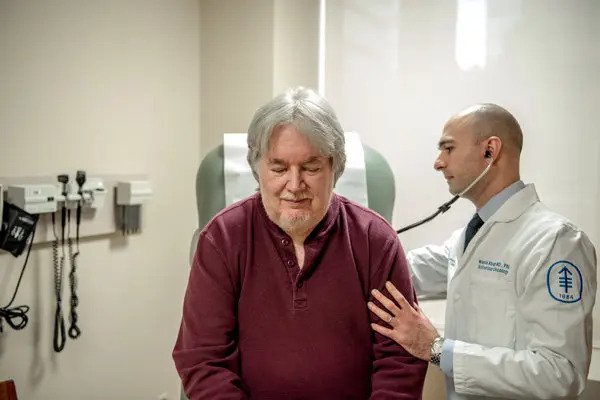
Dr Andrea Cercek, an oncologist at Memorial Sloan Kettering Cancer Center and a co-author on the paper, said that there were a lot of happy tears, according to the report.
The paper was presented at the annual meeting of the American Society of Clinical Oncology on June 5, 2022. Dr Venook added that another surprise was that none of the patients had clinically significant complications.
The patients were administered dostarlimab every three weeks for six months. The medication aimed to unmask cancer cells, allowing the body’s immune system to identify and destroy them naturally.
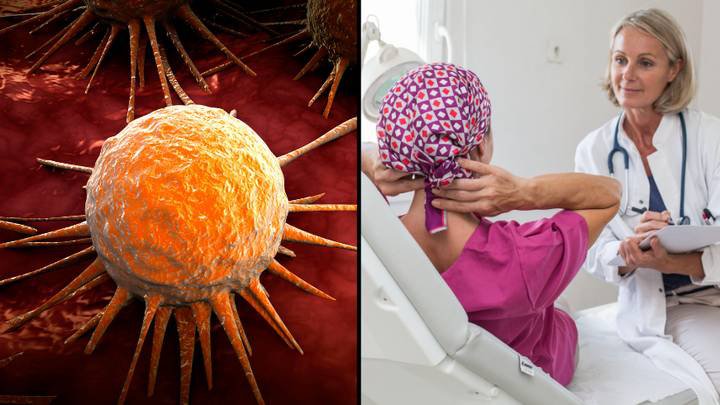
Another surprise in store for the patients was the complete absence of significant post-treatment complications, which are usually associated with other forms of cancer treatment. Moreover, there were no signs of recurrence of cancer in the patients until 25 months from the end of the trial.
However, the study found that, on average, one in five patients have some sort of adverse reaction to dostarlimab, the drug. The medication, which was given every three weeks for six months, unmasks cancer cells, allowing the immune system to identify and destroy them, and costs about $11,000 per dose. Most adverse reactions are easily managed, the report said.
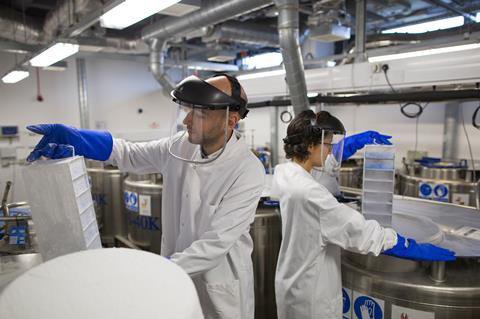
In some cases, the complications can result in muscle weakness and difficulty swallowing and chewing. Very little is known about the duration of time needed to find out whether a clinical complete response to dostarlimab equates to cure.
Here’s to hoping for a cancer-free future!






